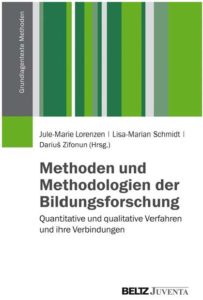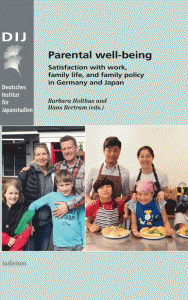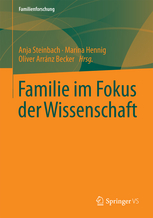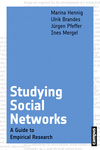Institute of Sociology, University of Mainz
 © Fotos: Credo Graphics, andruxevich – shutterstock.com, Grafik: Tanja Labs 2021
© Fotos: Credo Graphics, andruxevich – shutterstock.com, Grafik: Tanja Labs 2021
Focus of Research and Teaching
Welcome to the Department of Network Research and Family Sociology!
Everyone can envision something when it comes to the term family. But from a sociological perspective, family can be defined, viewed and analyzed in very different ways. In the case of the family as a social subsystem, we focus, for example, on changes in fertility, childlessness, partnerships, gender roles and dynamics or the compatibility of family and career. From an individual point of view, the family can be seen as a place of interaction in which all members are involved. Here we question how family life is structured, how socialization takes place and how intergenerational relationships are shaped. We also consider functional aspects of family, such as comfort and support in various life situations. Last but not least, we must realize that family relationships change over the course of a lifetime, which is why individual trajectories must be taken into account.
In recent decades - and in particular due to increasing life expectancy and technological and social developments - household compositions and family patterns have changed. The extension of the joint lifetime of several family generations sometimes leads to a three- or even four-generation family structure. On the other hand, the number of births per woman is decreasing and households are becoming smaller. In most cases, family members do not all live in or near the same household, and in cities, friends have taken over functions that were previously performed by the family. Nowadays, the family is a complex and dynamic network of relationships that goes beyond the household and is embedded in a wider network of other types of personal relationships.
In order to be able to adequately investigate integration in various social relationships and interactions, an appropriate method is needed. For this purpose we use network analysis. This approach is based on the assumption that individuals or organizations are embedded in social relationships and interactions in a variety of ways that influence their actions and possible courses of action. This means that the analyses are not only based on information and characteristics of the actors, but also on information about how they are embedded in society, on both a large and small scale.
It is precisely this combination of family sociology and network research that seems to us to be a fruitful way of adequately grasping the complexity of the family and the heterogeneity of the actors embedded in relationships. If you would like to find out about past or current research projects in our department, you can find information here.
With various teaching formats such as lectures, seminars, colloquia and project seminars, we would like to introduce Bachelor's and Master's students to the topics and perspectives described and deepen their knowledge in academic discourse. We teach the basics of network analysis as part of a one-week Springschool, the content of which is aimed at Master's students and doctoral candidates.
In addition to our courses and our research work, the members of our department are also available to supervise students writing their theses.
News
The article "Exploring Motives and Strategies in the Production of Knowledge in the University Context by the Example of Academic Career Trajectories" by Marina Hennig, Omar Shehata, Emre Bilgin, Aimée Tina Booh, Seraphine Domes und Marie Nottebaum was published in the journal "Global Journal of Human-Social Science" and is now accessible via following link.
The office hours of Prof. Hennig take place during the lecture period on Wednesdays from 9:30 to 10:30.
Appointments can be made in the Secretary.
Books
 |
 |
 |
 |
 |